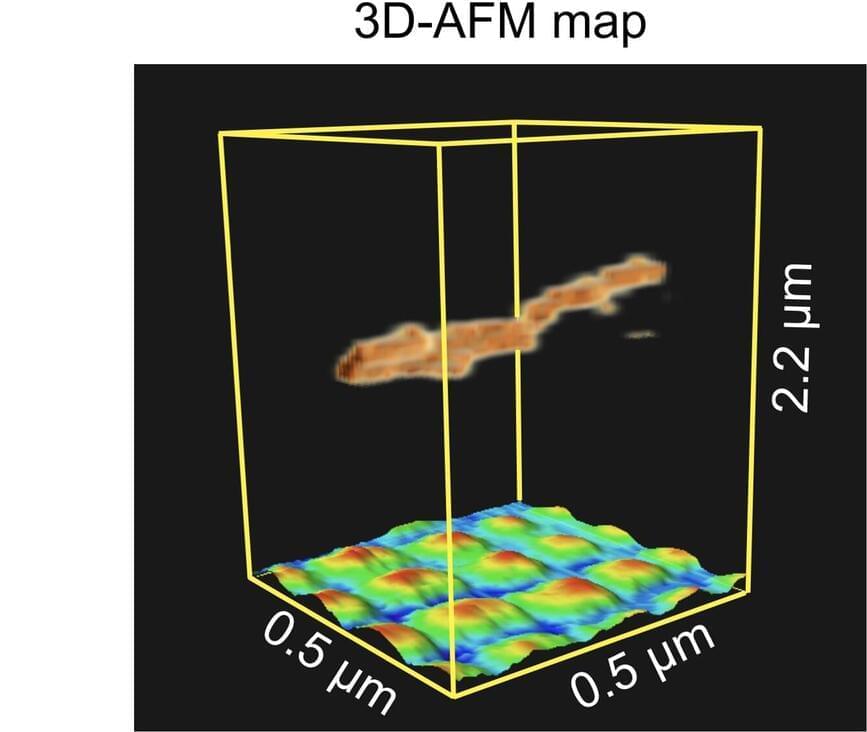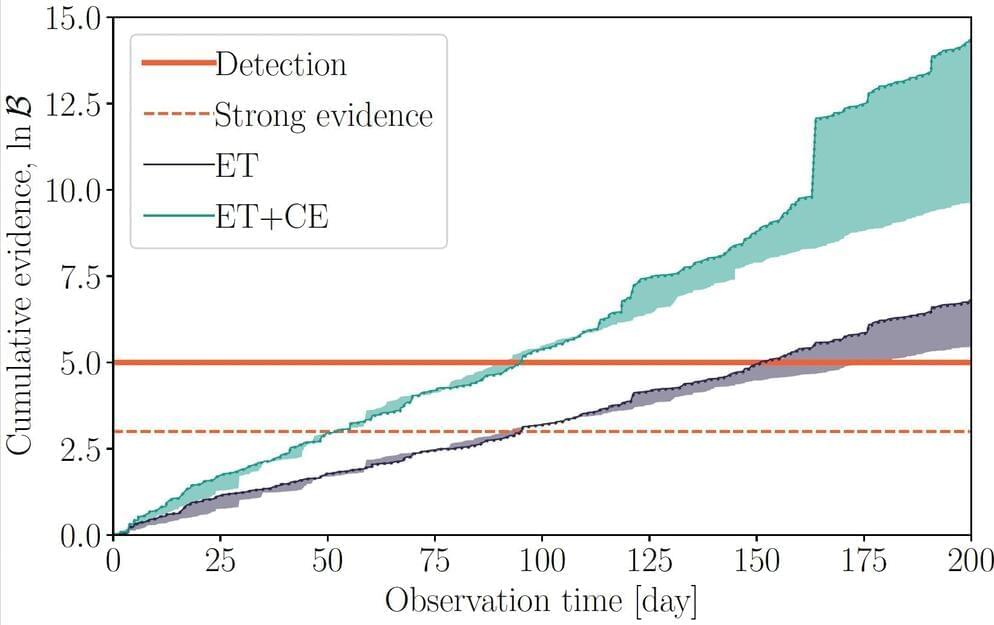Lovely essay by Sara Walker on how tech is biology. She closely mirrors my own thinking on this. “The technologies we are and that we produce are part of the same ancient strand of information propagating through and structuring matter on our planet.”
Our best estimates place the origin of life on this planet at approximately 3.8 billion years ago. Biological beings alive today are part of a lineage of information that can be traced backward in time through genomes to the earliest life. But evolution produced information that is not just genomic. Evolution produced everything around us, including things not traditionally considered “life.” Human technology would not exist without humans, so it is therefore part of the same ancient lineage of information that emerged with the origin of life.
Technology, like biology, does not exist in the absence of evolution. Technology is not artificially replacing life — it is life.
It is important to separate what is meant by “life” here as distinct from “alive.” By “life,” I mean all objects that can only be produced in our universe through a process of evolution and selection. Being “alive,” by contrast, is the active implementation of the dynamics of evolution and selection. Some objects — like a dead cat — are representative of “life” (because they only emerge in the universe through evolution) but not themselves “alive.”








